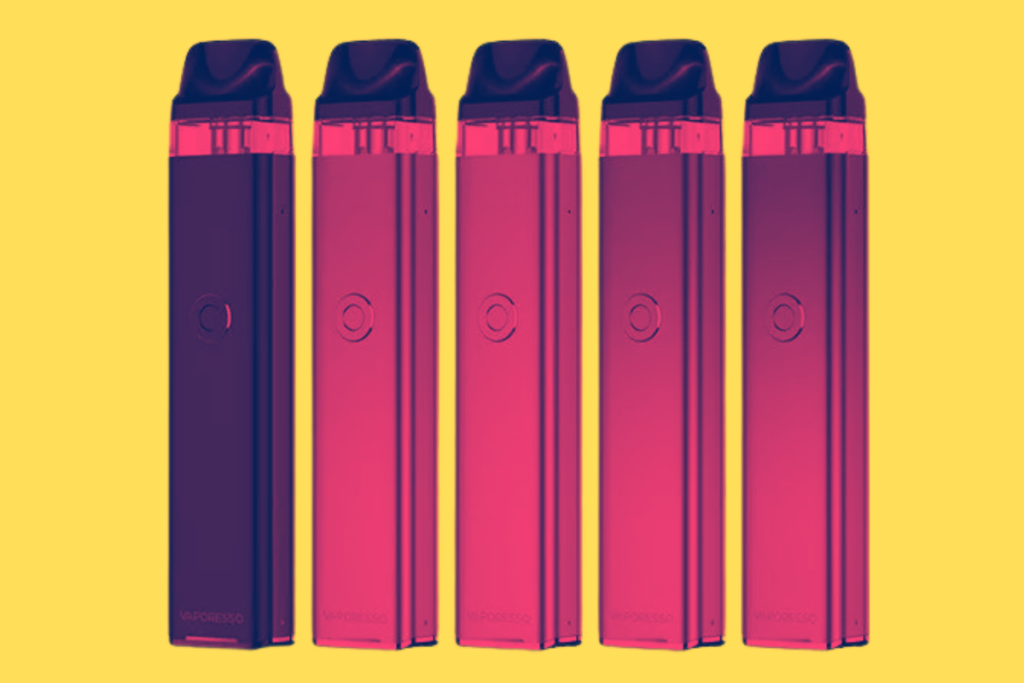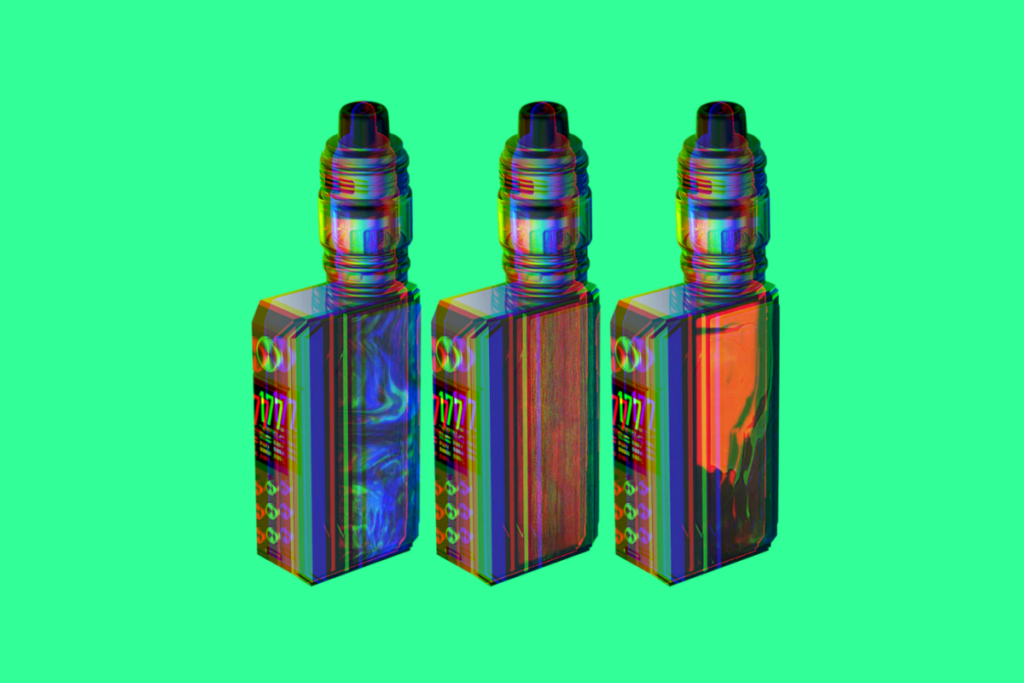Here’s a quick overview of all the laws and regulations currently in place in the USA that affect vaping and vapers…
Table of Contents
Unless you’ve been living under a rock for the past several years, you’ve probably heard all about the myriad laws and regulations now affecting vapers and vaping companies in the USA.
Vaping Laws & Regulations

To say things are quite bad at the moment would be the understatement of the century. The US is, perhaps, one of the most anti-vaping countries on earth right now.
Compared to, say, the UK, the USA’s approach to vaping and its role in smoking cessation is rather draconian. And a lot of this has to do with a little thing called the Master Settlement Agreement (MSA).
What is The Master Settlement Agreement (MSA)
And if you don’t know what the MSA is, here’s a brief overview:
The Master Settlement Agreement (MSA) is a settlement between the four largest tobacco companies in the United States and 46 states, the District of Columbia, and five U.S. territories. The settlement was reached in 1998 and resolved a number of lawsuits filed by state attorneys general against the tobacco industry.
Under the MSA, the tobacco companies agreed to pay the states billions of dollars over a period of 25 years, in exchange for the states dropping their lawsuits and agreeing not to file future lawsuits related to tobacco-related healthcare costs. The settlement also established new regulations for the marketing and advertising of tobacco products.
In addition to the financial settlement, the MSA also included provisions related to public health. For example, the tobacco companies agreed to make internal documents related to their research and marketing practices available to the public. They also agreed to make changes to their marketing practices, including the elimination of cartoon characters in advertising and restrictions on advertising in certain types of media.
The MSA has been credited with leading to significant changes in the tobacco industry, including increased public awareness of the dangers of smoking and decreased smoking rates. However, some critics argue that the settlement did not go far enough in holding the tobacco industry accountable for its actions and that the financial penalties imposed on the companies were not significant enough to deter future wrongdoing.
And if any of that shocked you, keep in mind this is a deal the US government made with Big Tobacco. It is affectively allowed to stay in business and kill people, so long as Uncle Sam gets a piece of the pie.
Vaping products, of course, are not included in the MSA. But the rise in popularity of vaping saw specific laws and regulation passed that targets the vaping
In this article, we will provide an overview of current vaping laws and regulations, and discuss how they affect vapers.
Federal Vaping Laws
The Tobacco Control Act, passed in 2009, gave the Food and Drug Administration (FDA) the authority to regulate the manufacture, distribution, and marketing of tobacco products, including vaping products.
This act requires manufacturers to register with the FDA and provide information about the ingredients in their products. It also prohibits the sale of vaping products to individuals under the age of 18.
The Tobacco Control Act
In 2016, the FDA expanded its authority over vaping products, including e-cigarettes and other electronic nicotine delivery systems (ENDS), under the Family Smoking Prevention and Tobacco Control Act.
This act requires manufacturers to submit product listings and ingredient information, and to obtain premarket approval for new vaping products.
It also restricts the advertising and promotion of vaping products to minors and requires warning labels on products.
State and Local Vaping Laws
While federal laws regulate the manufacturing and marketing of vaping products, individual states and localities have their own laws regulating the use of these products.
This has led to significant variation in vaping laws across the country.
Some common state and local vaping laws include flavor bans, indoor vaping bans, and taxation on vaping products.
For example, many states have implemented flavor bans, which prohibit the sale of flavored vaping products in an effort to curb youth vaping.
However, these bans have faced criticism from some who argue that they limit adult access to flavored products and push vapers towards dangerous black market products.
Recent Changes to Vaping Laws
In 2020, the FDA announced a federal ban on flavored vaping products, with the exception of tobacco and menthol flavors.
This ban was implemented in an effort to reduce youth vaping, which has been on the rise in recent years.
San Francisco Complete Ban on Vaping Products
However, the ban faced criticism from some who argue that it will limit adult access to flavored products and harm the vaping industry as a whole.
Several states and localities have also implemented flavor bans, with some going even further than the federal ban.
For example, San Francisco implemented a complete ban on the sale of all vaping products in 2019.
These bans have faced legal challenges and controversy, with some arguing that they are an overreach of government authority and others arguing that they are necessary to protect public health.





Leave a Reply